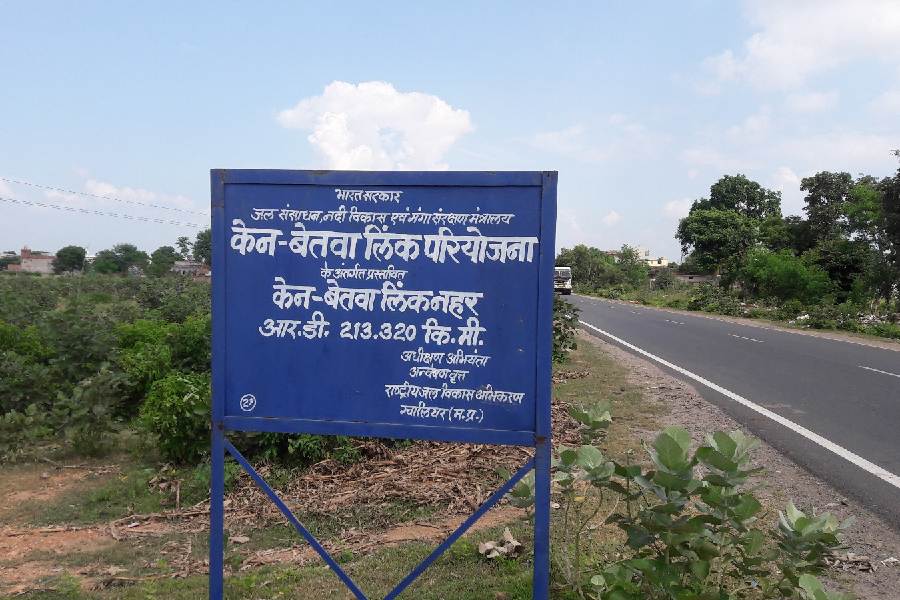METAMORPHOSES: IN SEARCH OF FRANZ KAFKA
By Karolina Watroba
Profile, Rs 799
Karolina Watroba’s book throws down the gauntlet, albeit very gently, in its very title. If this is a biography, it is a strange one. It offers no sustained account of the recorded facts of Franz Kafka’s life. It does not organise those events according to chronology, nor groups them into handy periods. It does not try to get into Kafka’s mind through the words he left behind. It eschews the sensationalism that often accompanies accounts of the women in the lives of “great men”, and represses any tendency towards voyeurism. But it does offer luminous gems of brilliantly argued intimate reading, fully revealing what good literary criticism is capable of. The challenge to our expectations of what a search for the “real” Kafka in biographical terms might mean is mildly put, without the slightest whiff of braggadocio, but the sheer intellectual daring of the act, especially for ‘non-academic readers’, is quite breathtaking. Watroba argues, obliquely but eloquently, that biographies are less about the individual whose life and personality are sought to be constructed, and more about those who seek to (re)construct them. We had best acknowledge, it seems to say, that the quest for Kafka can never achieve any degree of success, however one defines it, unless we transform our understanding of whom and what we mean by the name.
For Watroba, Franz Kafka is unapologetically the name of a fascination. But the book avoids solipsism by placing personal affinity firmly within a widespread phenomenon: the strong hold that the name, Kafka, and the writings associated with it have had over the imagination of generations of not only readers but most tellingly even non-readers over places and times. The evidence is drawn from the words of individuals as disparate as Oxford dons, museum curators, strait-laced, middle class businessmen, and feminist novelists from Korea, to name just a few. The book’s structure follows the reactions of Kafka’s readers during his life, and after his death, ending in an enthralling close reading of what does and does not work in AI-generated emulations of his style. We are compellingly shown, with meticulous documentation, that Kafka has been and always will be the idea we have of him, for a quite universalised though never essentialised understanding of ‘we’. For the modern biographer, hypnotised by the spectral presence of his/her obsession, Kafka literally is the sum total of the transformations that the idea of him undergoes over a century since his death in 1924. A poignant example is the self-styled “neurodivergent humanist” who wrote in response to Richard Dawkins’s querulous tweet on X (formerly Twitter) in 2021. Dawkins asked: “Kafka’s Metamorphosis is called a major work of literature. Why? If it’s SF it’s bad SF. If, like Animal Farm, it’s an allegory, an allegory of what? […] I don’t get it. Where are the emperor’s clothes?” “It’s simply about alienation, isolation and inferiority in working class communities,” wrote back the anonymous humanist: “It captures what happens when those around you stop regarding you as human.” Responding imaginatively to the words of others (i.e. reading), it seems, is one of the things that make us human.
This passionate conviction informs the book’s framing hypothesis, guides its overall shape, and steers the weaving together of the startlingly disparate individual threads of its contents. This is a radical reinvention of the genre of literary biography: it imports the specialised area of literary studies known as reception theory into the often-hagiographical echo chamber of life-writing, thereby significantly recalibrating the resonances produced within its hallowed confines. The biographical format itself undergoes a metamorphosis as Watroba takes us on a captivating and thrillingly erudite journey across cultures and peoples in order to reveal the ways in which Kafka lived, and continues to live, as man, myth, and text. In the process, she asks probing questions about the value of literary creation, offers insights into its “relevance” and, by extension, provocatively suggests ways in which human cultures build the very concept of value and how revealing this often is of prejudice, predilection, and bias.
What the book understands by Kafka’s life, then, is really his afterlife among his readers. Watroba is quick to remind us that for Kafka, too, reading was an almost exalted activity. She offers several striking metaphors in the words of the man himself: “A book must be the axe for the frozen sea inside us,” and “I’m not reading him [August Strindbergh] to read him, but to lie on his chest.” Kafka often seems to frustrated readers like a “riddle wrapped in a mystery inside an enigma” (in the words of Winston Churchill in another context). Watroba’s wonderful book persuades us that the key to the puzzle, however, may actually lie in understanding how those very readers solve it for themselves as they hack away at the frozen depths of their own hearts.











